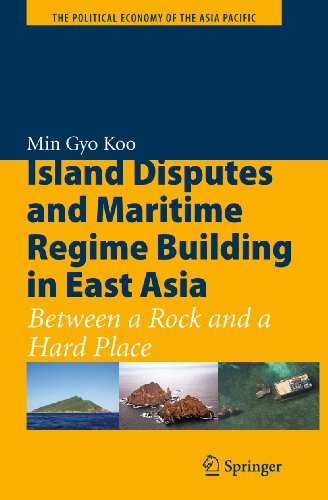

Most ebook files are in PDF format, so you can easily read them using various software such as Foxit Reader or directly on the Google Chrome browser.
Some ebook files are released by publishers in other formats such as .awz, .mobi, .epub, .fb2, etc. You may need to install specific software to read these formats on mobile/PC, such as Calibre.
Please read the tutorial at this link: https://ebookbell.com/faq
We offer FREE conversion to the popular formats you request; however, this may take some time. Therefore, right after payment, please email us, and we will try to provide the service as quickly as possible.
For some exceptional file formats or broken links (if any), please refrain from opening any disputes. Instead, email us first, and we will try to assist within a maximum of 6 hours.
EbookBell Team

4.7
26 reviewsThis book explores the three most prominent island disputes in East Asia: the Dokdo/Takeshima, the Senkaku/Diaoyu, and the Paracel and Spratly disputes. These island disputes clearly illustrate the puzzling pattern of continuity and mutual restraint in East Asia’s territorial conflicts. In dealing with sovereignty issues, East Asian countries have engaged in varied patterns of diplomatic and military behaviors. In some cases, one can find examples of the aggressive use of military force and intransigent bargaining strategies, while in others military inaction and accommodative diplomacy are equally evident. When and why do disputants pursue conflictual policies? Conversely, why do they at other times seek the containment, if not the resolution, of territorial disputes by shelving thorny sovereignty issues?
This book uses a territorial bargaining game framework to analyze various stages of dispute initiation, escalation, and de-escalation in a consistent and systematic manner. It starts from an assumption that territory involves mixed motive games, which can be characterized as having elements of partnership, competition, and conflict. Consistent with conventional wisdom, this book finds that the combination of resource competition, fluid geopolitics, and unstable domestic power dynamics has regularly brought about the initiation and escalation of the three island disputes. More importantly, this book discovers that the pacific influence of economic interdependence has repeatedly prevented the sovereignty disputes from escalating into a full-scale diplomatic and/or military crisis